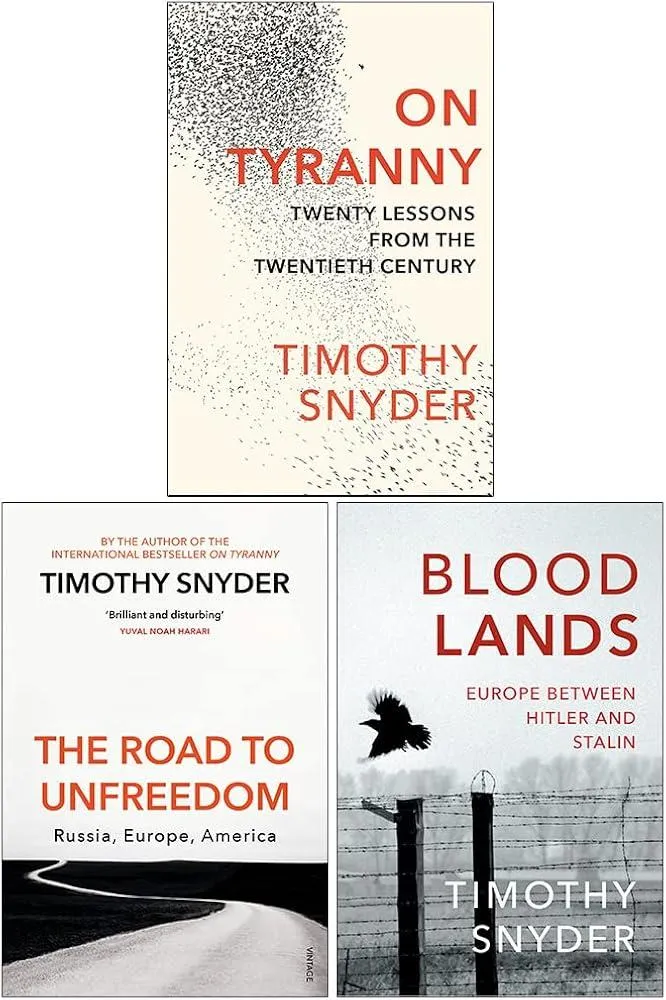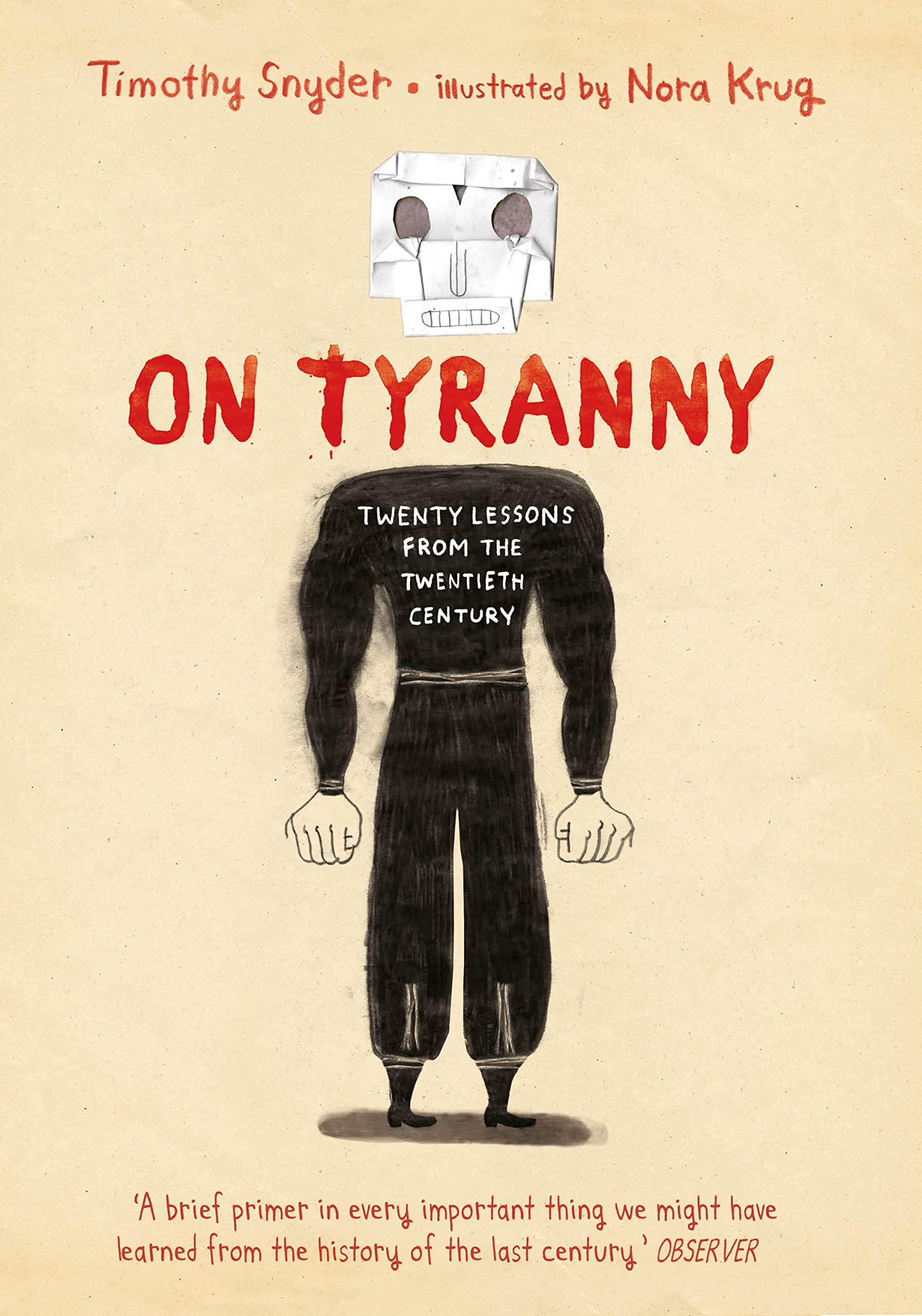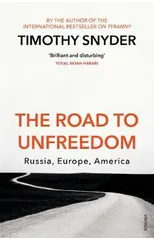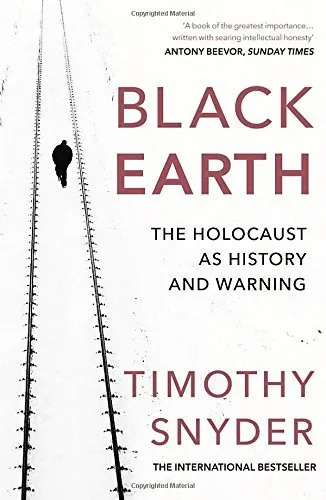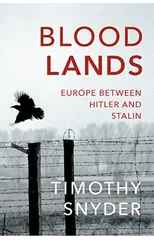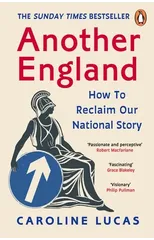On Tyranny
Twenty Lessons from the Twentieth Century
(Autor) Timothy SnyderNEW YORK TIMES BESTSELLER 'A sort of survival book, a sort of symptom-diagnosis manual in terms of losing your democracy and what tyranny and authoritarianism look like up close' Rachel Maddow 'These 128 pages are a brief primer in every important thing we might have learned from the history of the last century, and all that we appear to have forgotten' Observer History does not repeat, but it does instruct. In the twentieth century, European democracies collapsed into fascism, Nazism and communism. These were movements in which a leader or a party claimed to give voice to the people, promised to protect them from global existential threats, and rejected reason in favour of myth. European history shows us that societies can break, democracies can fall, ethics can collapse, and ordinary people can find themselves in unimaginable circumstances. History can familiarise, and it can warn. Today, we are no wiser than the Europeans who saw democracy yield to totalitarianism in the twentieth century. But when the political order seems imperilled, our advantage is that we can learn from their experience to resist the advance of tyranny. Now is a good time to do so.
Timothy Snyder
Timothy Snyder is a prominent historian and author known for his extensive research on Eastern Europe and the Holocaust. His most notable works include "Bloodlands: Europe Between Hitler and Stalin" and "On Tyranny: Twenty Lessons from the Twentieth Century." Snyder's writing style is characterized by meticulous attention to detail and a deep understanding of the historical context in which his subjects lived. He has made significant contributions to the field of history and political science, particularly in the areas of authoritarianism, totalitarianism, and genocide. "Bloodlands" is widely regarded as his most famous work, shedding light on the atrocities committed by both Nazi Germany and the Soviet Union in Eastern Europe during World War II. Snyder's work has had a lasting impact on the study of history and continues to influence discussions on the dangers of authoritarianism and the importance of democracy.
